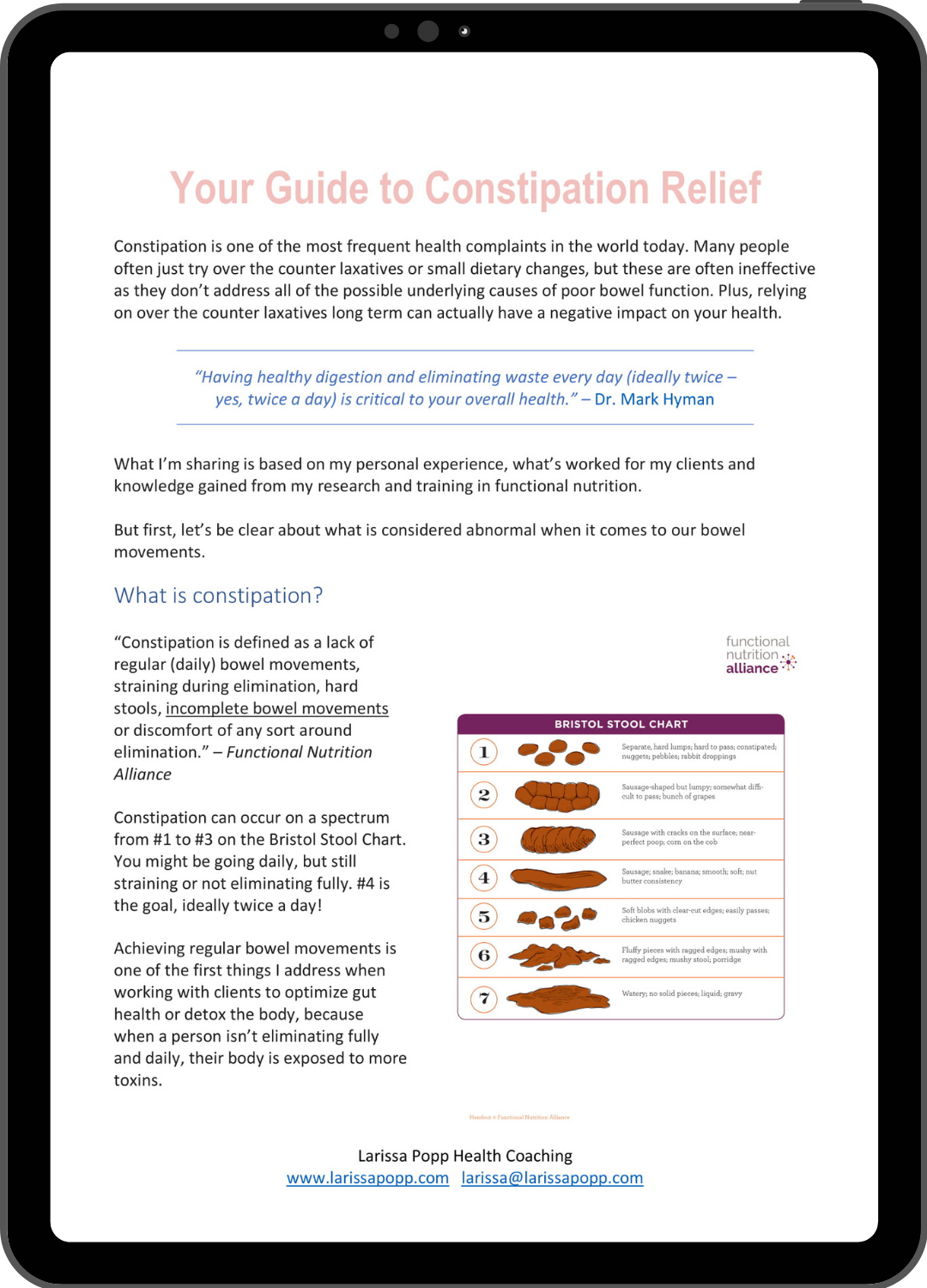
Statistics show that latinos living in the U.S. live at least 2 years longer, on average, than both white and black men and women.
This is despite having less education, a higher poverty rate, worse access to health care, the lowest rates of health screening and counseling, and poorest levels of blood pressure and blood sugar control. (NutritionFacts.org)
Based on the research, Dr. Greger concludes that one of the main reasons is likely…
BEANS.
Note: There is evidence to negate theories, such as inaccurate statistics or that it’s just genetic. Plus, a diet high in bean consumption makes sense.
The healthiest and longest living populations in the world (the Blue Zones) all include beans as a staple in their diet.
Beans are an excellent source of fiber, plant-based protein, complex carbohydrates (the kind that give a slow and steady release of energy rather than a spike in blood sugar as you get from refined carbohydrates like white bread), and many important nutrients.
Dr. Greger recommends consuming three ½ cup servings per day!
I realize this is not practical for most (even for me!) so I suggest striving for at least a ½ cup serving of beans, lentils or peas daily, which is in line with the Blue Zone Food Guidelines.
If you avoid beans because they give you gas, try these tips:
- Buy fresh beans. If cooking dry beans, the fresher the better. Older ones may not soften fully when cooking, and will be harder to digest.
- Start low and go slow. Start by incorporating just 2 tablespoons to your daily diet then gradually increase up to ½ a cup a day. Beans are high in fiber, but like I said in my post all about fiber, you need to gradually give your body time to get used to more fiber.
- Choose easier-to-digest legumes. Start with varieties that are easier to digest such as lentils, mung beans, adzuki beans (my favorite!), and black eyed peas.
- Opt for blended beans. Enjoy hummus and other bean dips — try this white bean and toasted almond dip which is my favorite! Also try this black bean smoothie, which is honestly delicious! When blended, your body needs to do less work to digest the beans.
- Soak overnight (or longer). How you cook them is also important – soak at least 12 hours (except for lentils) and rinse well before cooking. Some beans you can soak for up to two days, just rinse and add fresh water periodically, or try sprouting your legumes.
- Cook with kombu seaweed. Adding a piece of kombu seaweed, bay leaves, and a few pinches of cumin when cooking will help break down the beans and make them easier to digest, without affecting the taste. Trust me — they won’t taste like seaweed!
- Cook your beans until they are quite soft. The softer the beans, the easier for your body to digest, thus resulting in less gas. Using a pressure cooker or Instapot helps.
- Make sure you’re in a relaxed state before eating. Eating while stressed or anxious is the worst for digestion. Simply take a few deep breaths before starting your meal to switch from “fight or flight” mode to “rest and digest” mode.
- Chew well. Digestion starts in your mouth so this is one of the most important steps to reducing gas, which is caused when your body has trouble breaking them down. It’s so important that I wrote an entire post about chewing.
- Don’t overeat. Don’t eat too many beans at one sitting (½ cup cooked is the limit), and don’t overeat in general.
Note: Each person’s body is unique so experiment with these different tips and see which ones work best for you. Also, if these things don’t help, then you likely have impaired digestion that first needs to be addressed.
If you want help with your digestive issues, send me a message via my contact form and we can schedule a free discovery session to discuss what might be causing your gas, bloating and digestive distress.
References and Additional Reading:
Beans Instead of Beef? Here Are 5 Recipes That Prove It’s Easy and Delicious, Choose Veg
How to Cook and De-gas Beans in Your Instant Pot, Frugal Farm Wife
Blue Zone Food Guidelines, Blue Zones
Legumes: Good or Bad?, Healthline
Paleo Diet Bean Myth: Beans Are Bad for You, Elegant Beans
What’s the Secret to Latino Longevity, Dr. Greger
The 9 Healthiest Beans and Legumes You Can Eat, Healthline


